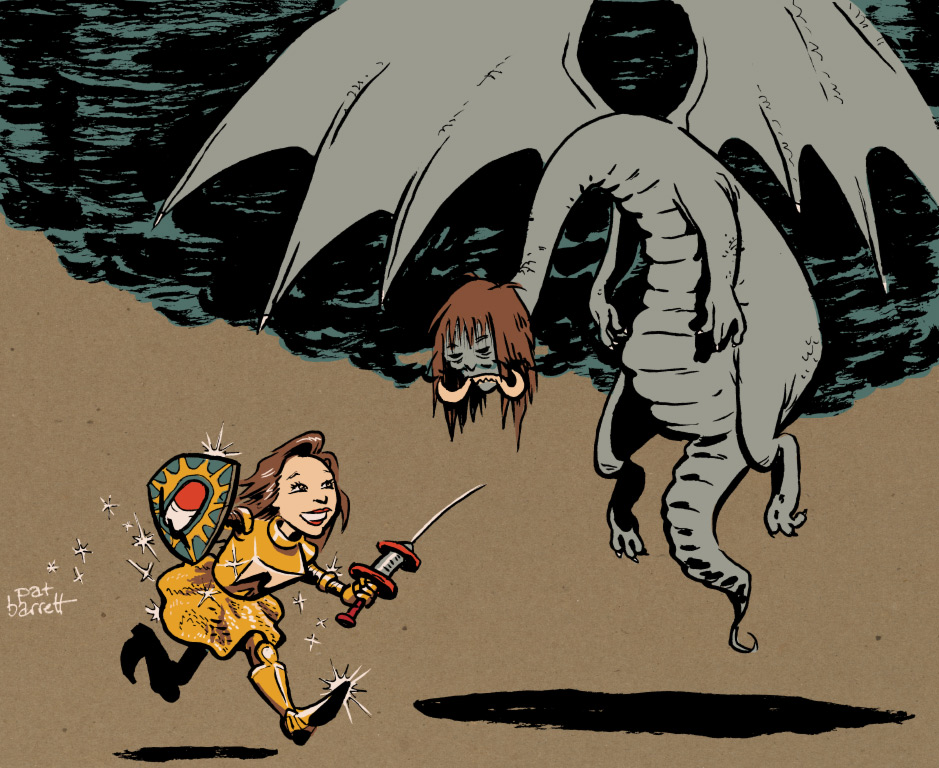Lawrence David finished his story about collecting his own feces for a year straight to a boisterous round of well-deserved applause. And in that moment – I realized how artfully science and storytelling could be merged live. Let me back up (like a reverse wave of gastrointestinal peristalsis) to explain.
I used to do science research. I trained gray seal pups for my master’s degree and I tagged killer whales for my doctoral research. All along, my two favorite things were interacting with people inside and outside the lab, and sharing stories about my science work. After wrapping up my PhD, I became a freelance journalist in Boston and I began telling stories about science on the radio and the Web.
A few years into that pursuit, I heard my first Story Collider podcast and adored the premise of telling personal stories about science live. I learned that there had been a couple of Story Collider shows in Boston, but Brian Wecht, who’d been running them, had recently left town. I decided to get involved.
Fast forward a year or so, and I was co-producing my first Story Collider show with Ben Lillie at the Oberon Theater in Cambridge, MA. The theme was “It Takes Guts” and our stories ranged from the most adorably gross love story you’ll ever hear to a tale involving one man’s pursuit of a leafy beast called a phytobezoar. Lawrence David – now an assistant professor at Duke – was first in the lineup. He talked about a bet he’d made with himself as a graduate student at MIT where he would say yes to whatever crossed his path, no matter how bizarre. Which was how he ended up – at his advisor’s enthusiastic suggestion – collecting his feces for an entire year to understand how the bacterial composition in his gut changed over time.
I loved the way Lawrence was able to tell a theater of 150 people about his dissertation work in a way that was rich with narrative, memory, humor, and information. It wasn’t a PhD defense. There were no charts or figures or bibliographies. But it was full of science and story. After the show, I congratulated Lawrence on what he’d done: condense years of work and thousands of data points into a 10-minute narrative arc that took the audience on a journey halfway around the world and all the way through his GI tract.
When Lawrence then thanked us for the opportunity to share his tale, it seemed to me like an ideal exchange. We strive to build our shows out of stories like Lawrence’s – strong human narratives that are grounded in science. In exchange, Story Collider offers a platform to empower storytellers – many of whom are scientists like Lawrence – to talk about their lives and their science in a way that can be appreciated by a general audience that’s sitting right in front of them.
For me, the occasion of a million podcast downloads is a testament to the value of that handshake, as listeners like you virtually consume and appreciate those very real stories that bloom and boom on stage. Thanks for being a part of our journey.
Ari Daniel is The Story Collider's Boston producer, as well as an independent radio producer.
















